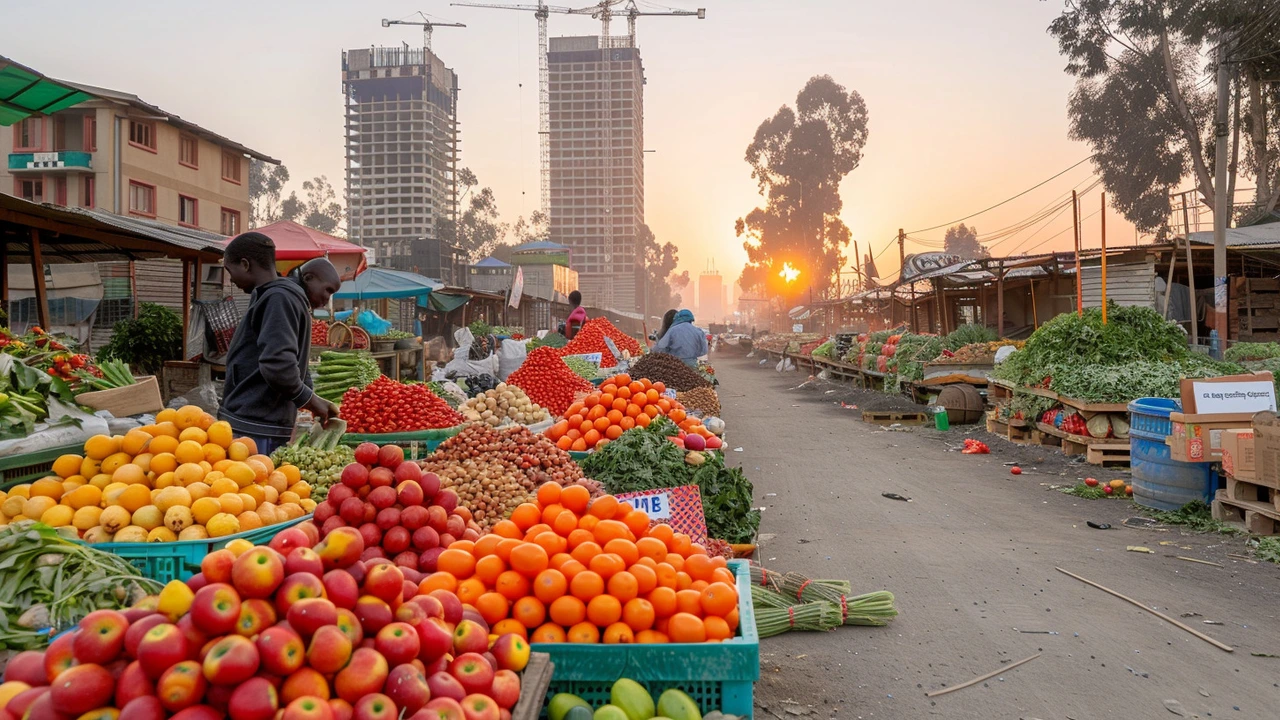Safety Tips Ethiopia: Real-Life Advice to Stay Safe
Thinking about moving to Ethiopia, landing a new job, or growing your business there? Safety isn’t just a travel topic—it shapes how you live, work, and earn money. Whether you're planning to work in busy Addis Ababa or visit different regions, safety comes down to understanding local realities.
First off, cities like Addis Ababa offer tons of opportunities, but you’ll want to stay alert in crowded areas. Pickpocketing can be a problem, especially at big markets or main bus stations. Keep your bags zipped, don’t flash cash or expensive gadgets, and trust your gut if a place feels off. Most neighborhoods are friendly, but do your homework if you’re renting: ask locals or recent expats which zones feel safest for foreigners and professionals.
If you’re considering a job in Ethiopia, ask employers about workplace safety standards. In some industries, such as construction or factory work, safety equipment might be limited. It pays to double-check before you start or invest—don’t assume global norms apply everywhere. If you're running a business, consider extra training for your team or simple protections like first-aid kits and fire extinguishers—small stuff that makes a big difference.
Living conditions across Ethiopia can vary a lot. Some apartments or homes may have basic locks or limited security. Consider investing in better door locks and always keep your windows secured at night, especially on the ground floor. In bigger cities, some compounds or buildings offer 24/7 guards for extra peace of mind. If your rent budget allows, those services can be worth it.
Moving cash in and out of Ethiopia? There are strict regulations on how much money you can bring. Stay updated on legal limits by checking Ethiopian customs guidelines. Carry only what you absolutely need, and rely on reliable money transfer services when possible—the laws around PayPal are tricky here, and workarounds often come with risks.
Navigating the roads can be another safety challenge. Local driving habits, mixed with poorly marked streets or unpredictable minibus routes, can be stressful. Stick to trusted taxi companies or use ride-hailing apps if they’re available. Walking after dark? Keep to well-lit areas and travel with a friend if you can.
Social safety means knowing what's cool and what’s not. Ethiopia has deep-rooted traditions. Dress modestly and ask about local customs—whether you're meeting a business partner or a new neighbor. When in doubt, copy what locals do. It shows respect and helps you avoid awkward moments, especially in rural or more conservative settings.
If you’re heading out from the city, rural areas are generally welcoming but can be less predictable in terms of public transport and services. Always check local advice about travel routes, and if there’s political tension in the news, plan accordingly. Mobile signal can be spotty, so set up backup contacts in case you need help on the road.
Stay smart—good safety habits help you enjoy all that Ethiopia has to offer, from your first job interview to your newest investment. Keep up with reliable local news, double-check practical details, and always listen to your instincts. That’s how you make the most of your time in Ethiopia, without the stress.





